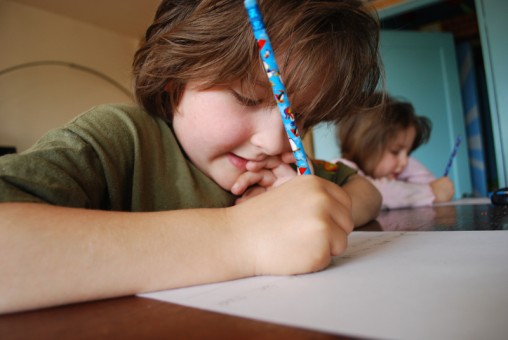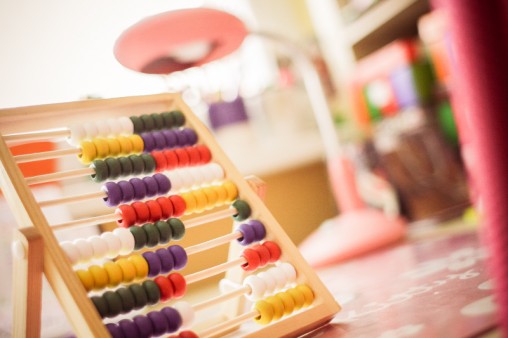Matija Rodić is an example of someone turning good ideas into positive actions – a chain reaction of generosity. He and his friends made a motivational video showing how to bring a smile to someone’s face – watched on social media and supported very quickly by thousands – the start of many generous and positive actions.
So what makes someone take action, when others who feel the same don’t? Clearly Matija had many supporters who agreed with what he and his friends were doing, but they hadn’t taken those first steps to make a change. How can we encourage our children to grow into people who will start to make a difference?
When you think of people with good ideas who take positive actions – who do you think of?
For me I think of entrepreneurs – that may surprise you, but that depends on how you view an entrepreneur – I think they are individuals who have an idea and act on it – and I agree with Richard Branson’s definition:
Being an entrepreneur simply means being someone who wants to make a difference to other people’s lives.
Matija and friends are entrepreneurs by this definition – they were certainly not rich businessmen, they were students, but they wanted to make a difference to others – and they did so.
How to make a positive difference – There are many skills and attitudes that will encourage children to develop an idea and have the courage to take action on it, including:
Recognising opportunities for change – ask your child to make a list of what frustrates them – for instance finding the fruit they take to school gets damaged before they eat it.
Then help them to consider how this could be improved – talking positively about what can be changed, not negatively about what is wrong. Learning to analyse situations and solve problems is a valuable lesson, and seeing the possibilities not the restrictions will help them develop a positive attitude.

Creative thinking – the initial idea – having recognised there is an opportunity for change, your child needs to be creative and propose ideas on how to make the change. Could their fruit be carried in something else, should it be packed on its own? Encourage them to think about possible solutions.
Engage your child in creative activities from an early age – see our blog on raising a creative child. Sustained participation in music and the arts has also been shown to influence a person’s ability to come up with new ideas.1
Learning from failure – children need to learn not to be afraid of failure – they need to be willing to take risks.
A failure may mean changing how you do something – or even changing what you do. Perhaps your child will have an idea about carrying their fruit to school in a different way – let them try it even it if doesn’t work; they need to try, see the results and learn from them.
Communicating ideas – ideas don’t work on their own, you usually have to communicate them and convince others – Matija used social media for example.
Encourage your child to write about their idea and present an effective argument to you – how and why they should carry their fruit to school in a different way. When their arguments are clear – let them try it.

Congratulating success – ideas for change that work need to be rewarded, that will help to motivate your child to keep thinking creatively, keep looking for opportunities and trying to act on them.
Entrepreneurial thinking
Richard Branson:
Entrepreneurship isn’t just a label – it’s a lifestyle.
A lifestyle with attributes that every child can benefit from, by learning them at an early age.
References
1 Children who paint more likely to grow up as entrepreneurs
2 10 tips to teach kids to be entrepreneurs












